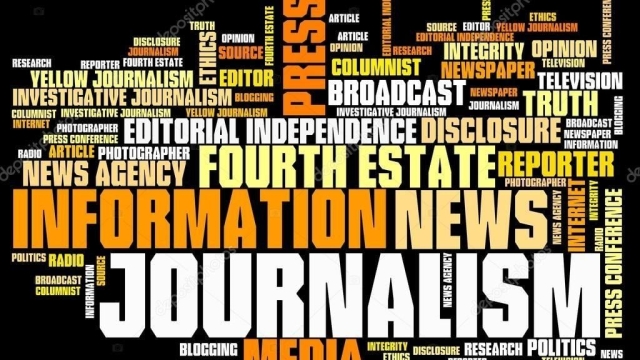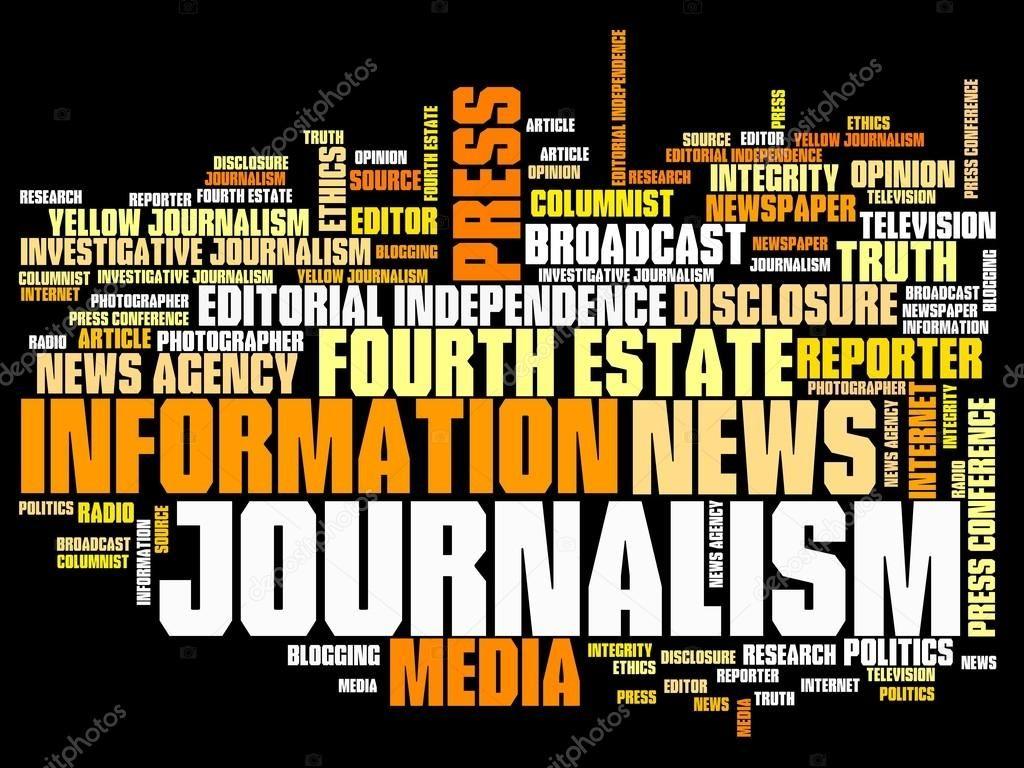
Unveiling Truth: The Power and Perseverance of Independent Journalism

Independent journalism stands as a beacon of hope in an era where information is often muddied by biases and commercial interests. This form of journalism strives to uncover the truth, often taking on powerful entities that seek to manipulate narratives for their gain. With an unwavering commitment to integrity and transparency, independent journalists work tirelessly to provide a counterbalance to mainstream narratives that can overshadow the voices of marginalized communities and vital issues.
In a landscape dominated by corporate media conglomerates, independent journalism plays a crucial role in holding those in power accountable. It amplifies the stories that might otherwise go untold, shedding light on injustices and encouraging informed public discourse. Through resilience and resourcefulness, independent journalists navigate numerous challenges, from limited funding to threats against their safety, exemplifying the profound power of truth in a world that often values profit over principle.
The Role of Independent Journalism in Society
Independent journalism serves as a crucial pillar of democracy by holding power to account and providing citizens with the information they need to make informed decisions. In an era where misinformation can spread rapidly, independent journalists investigate and report on issues that matter, ensuring that the public remains aware of government actions, corporate misconduct, and social injustices. This watchdog role fosters transparency and encourages accountability from those in power.
Furthermore, independent journalism plays a vital role in giving a voice to marginalized communities and underrepresented issues. Mainstream media often overlooks these stories, but independent journalists strive to illuminate these perspectives and challenge dominant narratives. By prioritizing diverse viewpoints and experiences, independent journalism contributes to a more comprehensive understanding of societal issues, promoting empathy and social cohesion.
Lastly, the dedication of independent journalists to truth-telling inspires public trust in the media as an institution. When journalists adhere to ethical standards and prioritize factual reporting, they cultivate a relationship with audiences based on credibility. This trust is essential for a well-informed society, as it empowers individuals to engage with news critically and participate actively in civic life, ultimately strengthening democratic processes.
Challenges Facing Independent Journalists
Independent journalists often grapple with financial instability, which can severely limit their capacity to produce high-quality reporting. Unlike large media organizations, they may not have consistent funding or a robust salary structure. Many rely on grants, crowdfunding, or ad revenue, which can be unpredictable and insufficient. This uncertainty can lead to stress and may force them to compromise on coverage or abandon in-depth investigative work. Independent journalism, particularly through Investigative Reports, plays a crucial role in uncovering the truth and holding powerful entities accountable in an era rife with biased information and commercial interests.
Another significant challenge is the risk of censorship and intimidation. Independent journalists frequently report on sensitive topics that can provoke backlash from powerful entities, including governments and corporations. This can manifest through legal threats, harassment, or even violence. The constant threat to personal safety and freedom of expression creates a hostile environment, making it difficult for independent journalists to operate freely and effectively.
Additionally, independent journalism faces the hurdle of misinformation. In an era where information is readily available and easily manipulated, countering false narratives becomes a daunting task. Independent journalists must work tirelessly to verify their sources and provide accurate information to their audiences. This responsibility places an immense burden on them, especially when competing against well-funded entities that can spread misleading information quickly and widely.
The Impact of Digital Media on Independent Reporting
The advent of digital media has profoundly transformed the landscape of independent journalism. It has democratized the field, enabling journalists to reach a broader audience without the constraints of traditional publishing. Online platforms allow independent reporters to share their work immediately and interact with readers, fostering a more engaged and informed public. This accessibility helps to highlight issues often overlooked by mainstream media and provides a platform for diverse voices and perspectives.
Moreover, digital media has facilitated the rise of crowdfunding and subscription-based models, empowering independent journalists to sustain their work without relying on corporate sponsors. This financial independence is crucial, as it allows them to pursue stories that matter without the influence of advertisers. The success of platforms like Patreon shows that audiences are willing to support journalism that aligns with their values, creating a new ecosystem where independent reporting can thrive despite economic challenges.
However, the digital landscape is not without its challenges. The rapid spread of misinformation and disinformation on online platforms poses significant risks to independent journalism. It becomes increasingly difficult for audiences to discern credible reporting from sensationalism. Independent journalists must navigate this environment carefully, employing strategies to establish their credibility and ensure their investigations remain thorough and factual. The balance between speed and accuracy is crucial, as the impact of their work relies heavily on trust and integrity in a world overwhelmed by misinformation.



